Sophomore balances ranch work, school schedule
The aspirations of most high school sophomores consist of distant goals which they hope to take on beyond high school. However, Mason Beal, ‘22, spends each school day keeping up with friends, school work and finishing his day on the family ranch, pursuing his goal of becoming a professional horse breeder.

Beal, a fifth-generation trainer at Beal’s Quarter Horses, chases a career as a horse breeder and hopes to major in equine reproduction. Growing up on his family ranch provided Beal with first-hand experience and knowledge about breeding, training and ranch maintenance.
Beal specializes in training quarter horses (a horse that is bred for speed) to be cow horses or ranch horses.
Building a career takes Beal away from school for three to four weeks a year. However, the pursuit of a career rarely gets derailed because of his schedule.
“I have been around horses pretty much from a young age,” Beal said. “I started riding horses when I was three years old. I take care of the horses and the ranch and it did turn into a passion from a chore. Just taking care of them when I was young wasn’t super fun to me as I got older I really started to appreciate the relationship I had with the horse.”
Beal’s daily routine starts with feeding, cleaning and exercising horses before each school day. These jobs usually start at 5:45 a.m. each morning while other chores are completed after school. Beal works consistently, whether in school work or with the horses. His day ends from 6:3o-7 p.m. after his chores are finished.

Beal’s summer routine consists of more work. He starts at 4:30-5 a.m., riding up to six horses each day. Each horse takes about an hour, amounting to anywhere from three to seven hours. A week’s worth of work for Beal can add up to 100 hours or more.
Beal has other chores on the ranch which include pulling and spraying weeds, working with the baby horses and feeding all the cattle (30-40 cows) and horses. If Beal get some extra time during the day, he will also mow the grass in the pastures for the horses. Beal’s day ends around 7-8 p.m. after all his jobs around the ranch are finished.
Training horses usually begins when they are two years old. This continues for about six years while Beal shows them at events with the intention of selling them. A market price for a well-trained quarter horse is approximately $35,000.
The training is very specific for ranching, like cow herding. Beal does not get the money they sell the horses for, although he gets half of what he wins for showing the horses.
Beal still participates in activities like video games and TV, but rarely gets to engage in them for very long.
“When I’m home, I get about a hour to watch TV every now and then,” Beal said. “I might get time to play a few rounds of Fortnite or Rocket League, but that is about it. People that play with me know I’m notorious for getting randomly kicked off my Xbox by my mom.”
When he is traveling or showing horses, Beal has an even stricter regimen.
“When at shows, I use Schoology a lot to see what work I will miss when it gets handed out or what I have to turn in,” Beal said. “Before I leave for shows, I talk to my teachers. I am always in contact with my teachers to get what I need before I leave.”

To showcase a horse’s skill, Beal competes in three different show events. Beal engages in all three events each year.
During the first event, the horse has to pull a cow out of a herd of 30 cows and Beal has to hold it, making it seem like the horse is accurately mirroring the cow.
At the second event, Beal runs a set pattern on his horse and make it look effortless and make it as pretty as he can.
The third event is called fence work. During this event, one cow is let into the arena. The rider then chases it down the fence and makes the cow go as fast as he can make it run. He turns it one way and goes back, turning it the other way and then circles the cow, mimicking what a cowboy would be required to do on the Great Plains if a cow got away.
In the next ten years, Beal hopes to raise and stand a few high caliber stallions. These stallions can sell from anywhere between $200,000 to $1,000,000. The select few extremely rare good stallions can cost up to $30,000,000.
Beal just won the 2019 International Youth Limited class for the year-end standings. The next show he is attending is the NRCHA World championship in Texas.
Beal started pursuing his dream early in his life and has a strong lead toward his end goal. Do you have a end goal and are you already pursuing that goal? Tell us about it in the comments below!
For more articles, read COLUMN: Cultural differences, teen struggles shape international student or California wildfires devastate communities, impact Sebastopol resident.
Micah Friesen can be reached via email.


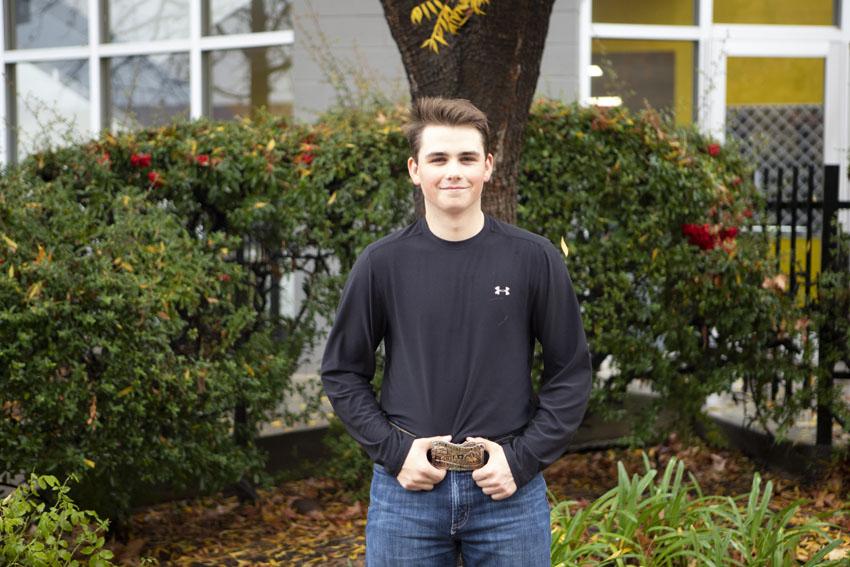
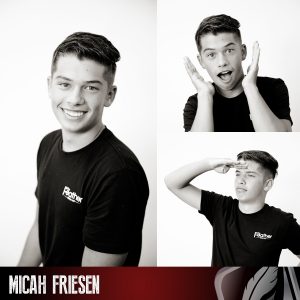
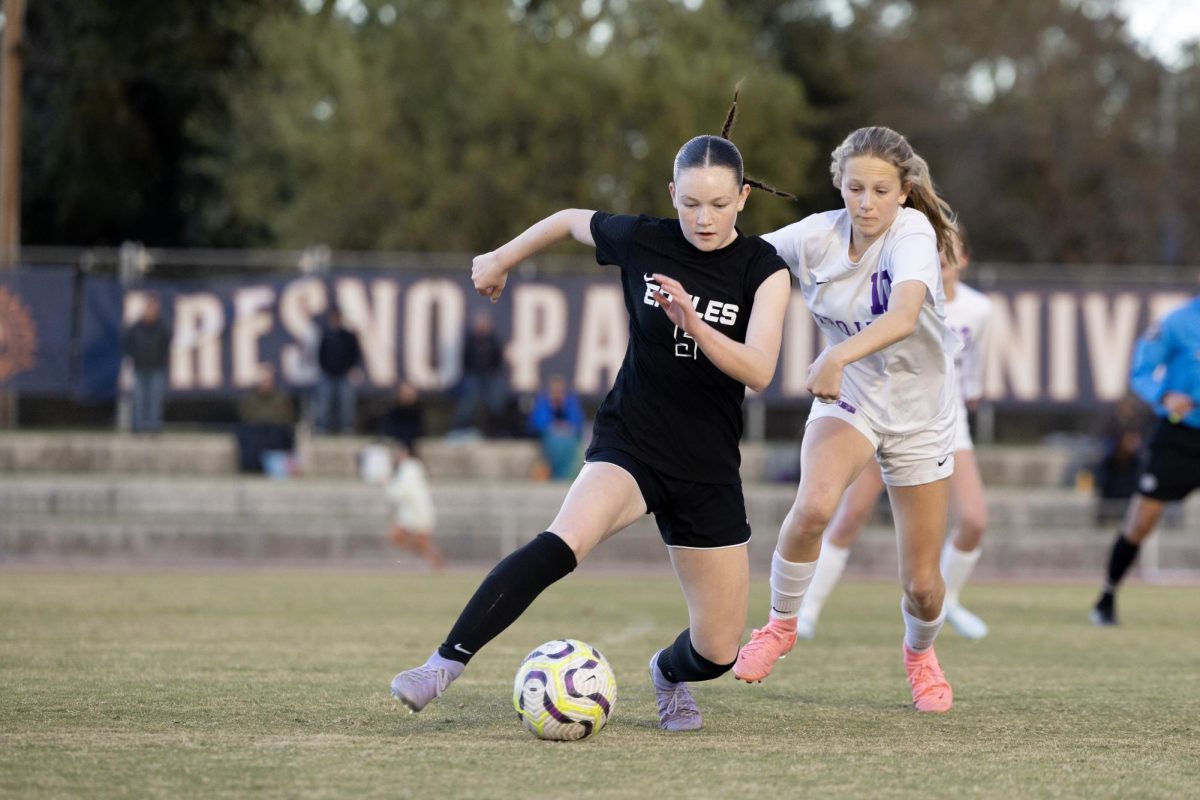
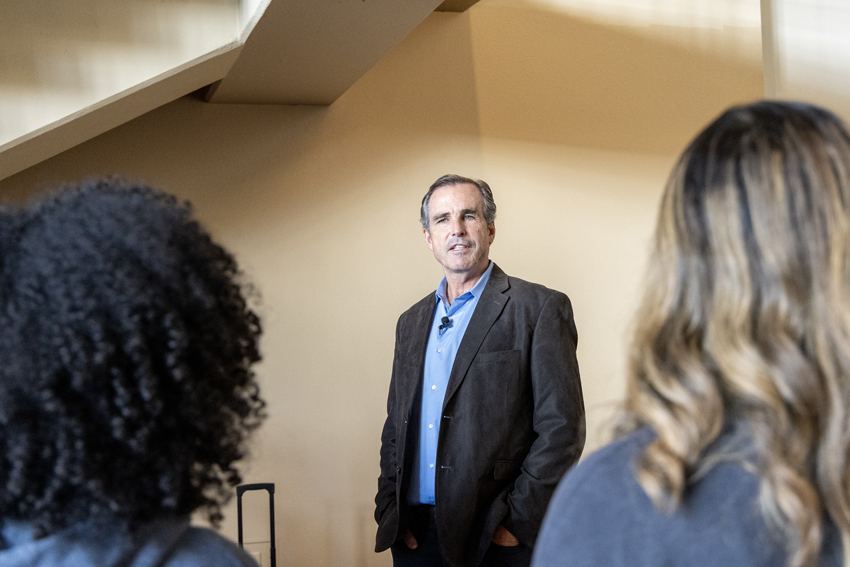



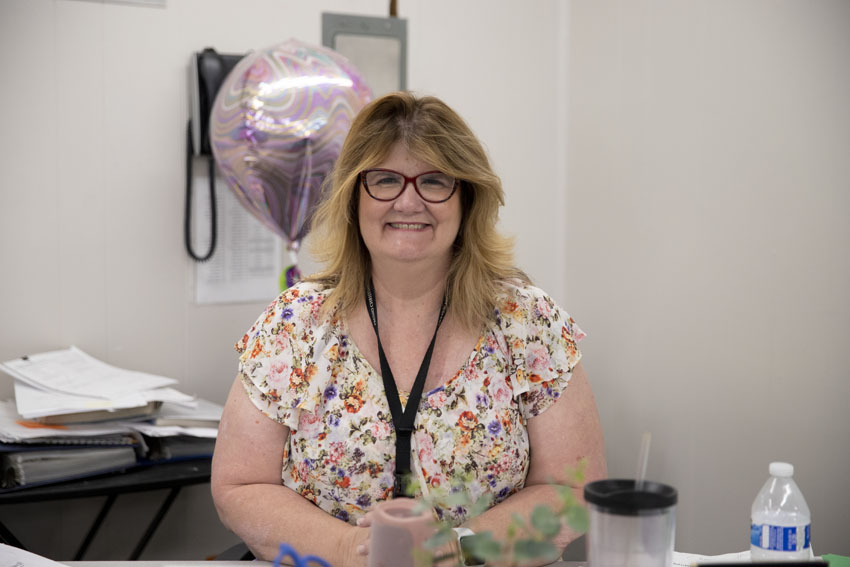
widad • Jan 2, 2022 at 1:00 am
Many thanks.keep up the good work
Inga Johns • Dec 7, 2019 at 12:46 am
Another super interesting and informative article. What a tremendous work ethic Mason has. Great job Micah.
Dick Johns • Dec 6, 2019 at 4:57 pm
Micah, good job on your article. I’m really proud of you and look forward to many more wonderful things that you accomplish. Love Ya buddy Grandpa Dick..
Silva Emerian • Dec 6, 2019 at 8:40 am
Thanks for this feature, Micah! I always knew we had some amazingly talented students at FCS! Keep up the great work and wishing Mason lots of success, too.